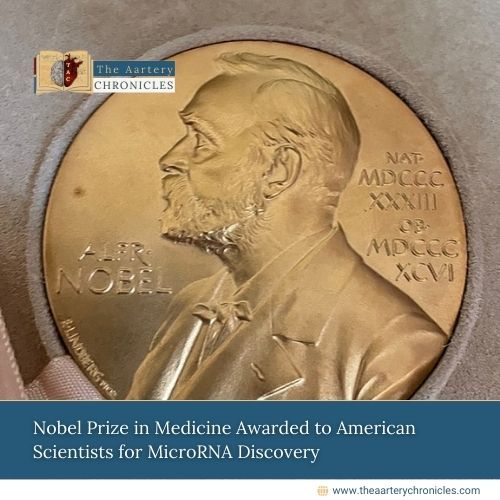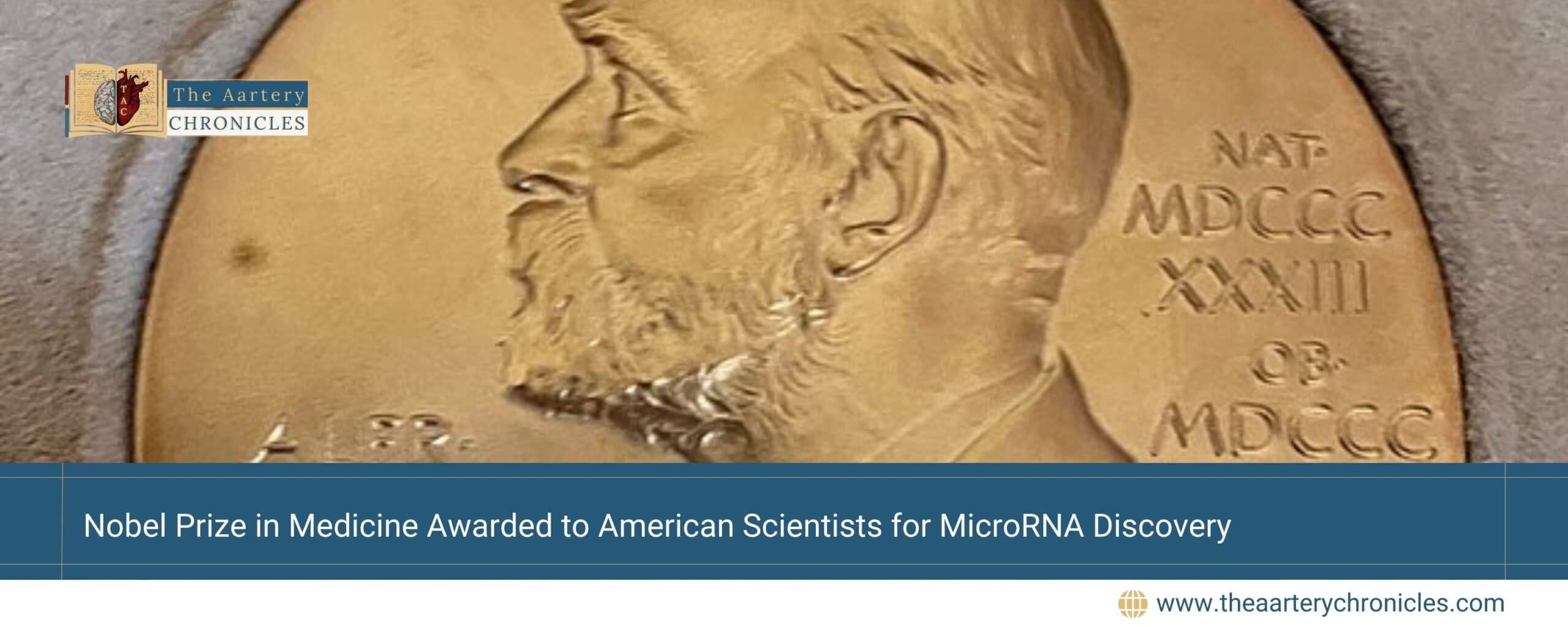

Nobel Prize Awarded to American Scientists for MicroRNA Discovery
Nobel Prize Awarded to American Scientists for MicroRNA Discovery
On October 7, 2024, two American scientists, Victor Ambros and Gary Ruvkun, were awarded the Nobel Prize in Medicine for discovering microRNA, tiny molecules that play a crucial role in how our genes work. These tiny genetic molecules play a critical role in controlling how genes function at the cellular level, a finding that could lead to revolutionary treatments for diseases like cancer.
A New Principle in Gene Function
The Nobel Assembly at the Karolinska Institute praised Ambros and Ruvkun for uncovering a completely new way in which genes are regulated in multicellular organisms, including humans. Their research has revealed how microRNA acts as a key player in gene regulation, helping cells perform essential functions for life and development.
Research Behind the Discovery
Ambros conducted his award-winning research at Harvard University, and he is now a professor at the University of Massachusetts Medical School. Ruvkun completed his research at Massachusetts General Hospital and Harvard Medical School, where he is a professor of genetics. Both scientists were focused on studying the timing of genetic processes, ensuring that different types of cells develop at the correct stages.
Their studies involved examining mutant strains of worms often used as models in scientific research. In their work, they discovered how microRNA helps regulate gene activity, a mechanism that has been essential for the evolution of complex life forms for millions of years.
Potential for Cancer Treatment and More
Dr. Claire Fletcher, a molecular oncology lecturer at Imperial College London, emphasized the significance of this discovery. She explained that microRNA could be pivotal in developing new drugs and serving as biomarkers for diseases. For instance, in cancer, microRNA might be used to suppress harmful gene mutations, potentially halting the spread of the disease.
Though ongoing clinical trials are testing microRNA-based treatments for conditions like skin cancer, no drugs have yet received regulatory approval. Fletcher believes such therapies could become available within the next five to ten years.
Looking Ahead: A New Era in Medicine
MicroRNA offers scientists a new method for controlling gene activity, adding another tool to their arsenal for combating diseases. While current treatments mainly target proteins within cells, microRNA provides a more direct way to influence gene behaviour. This opens the door to the development of entirely new classes of medicines aimed at controlling how genes function.
Nobel Prize Significance
The Nobel Prize in Medicine, established by the Swedish inventor Alfred Nobel, comes with a cash prize of 11 million Swedish kronor (about $1 million). This year’s prize announcement marks the start of the Nobel awards season, with prizes in physics, chemistry, literature, and peace to follow in the coming days.
Last year, the Nobel Prize in Medicine was awarded to Katalin Kariko and Drew Weissman for their role in the creation of mRNA vaccines, which played a key role in fighting the COVID-19 pandemic.
Ambros and Ruvkun’s discovery represents a significant leap forward in understanding the complex mechanisms that govern life at the molecular level. The laureates will formally receive their awards at a ceremony on December 10, the anniversary of Alfred Nobel’s death.
Source: Inputs from various media Sources









